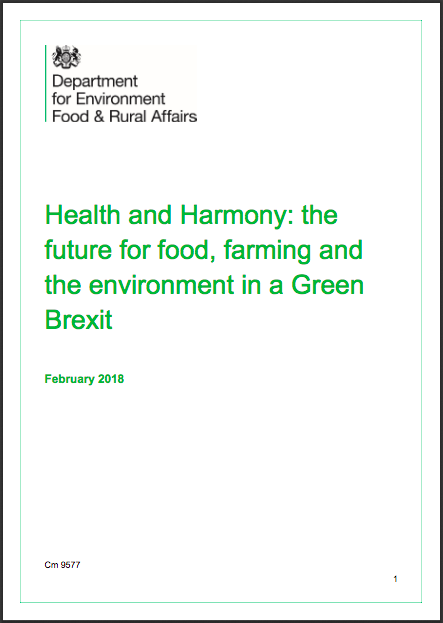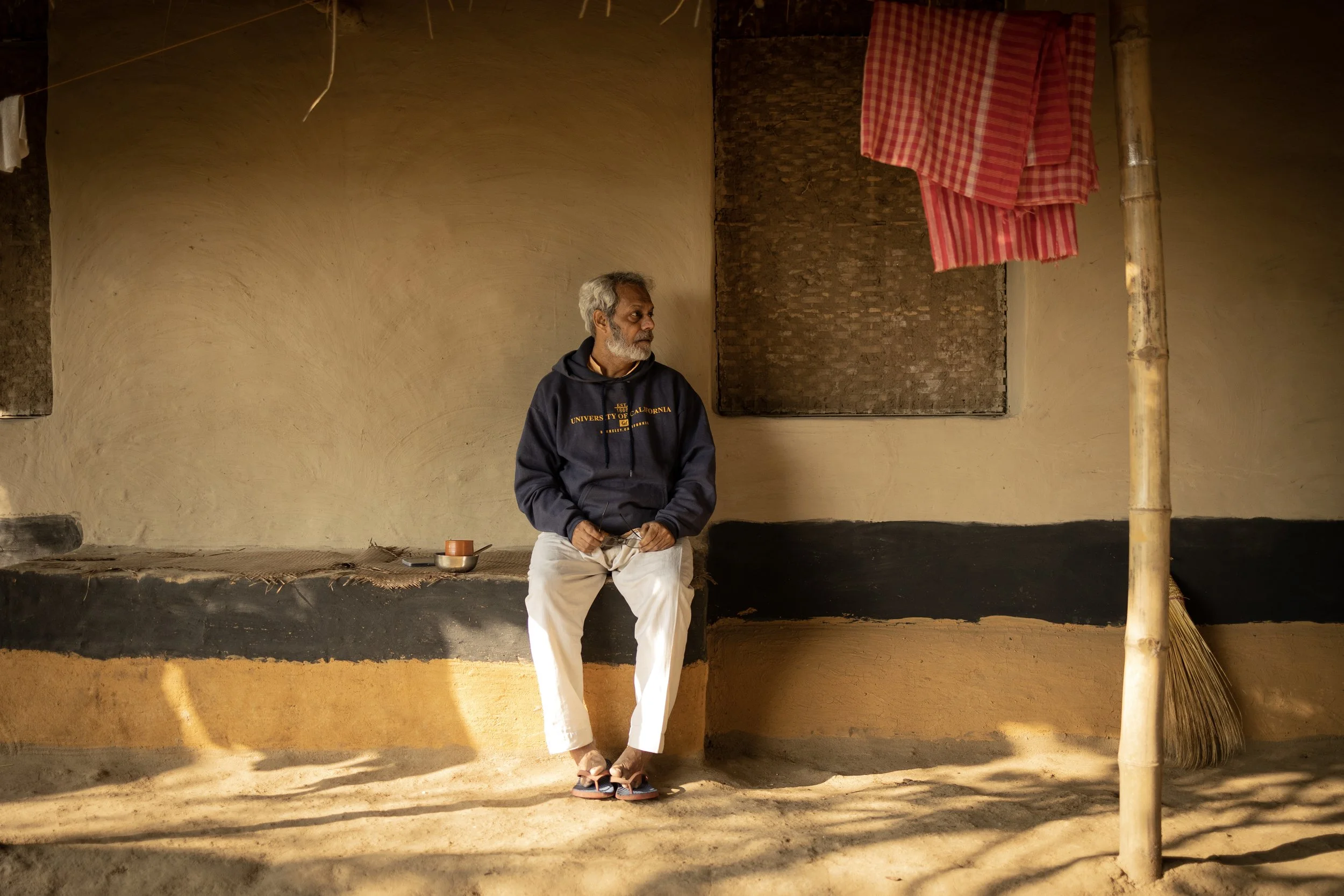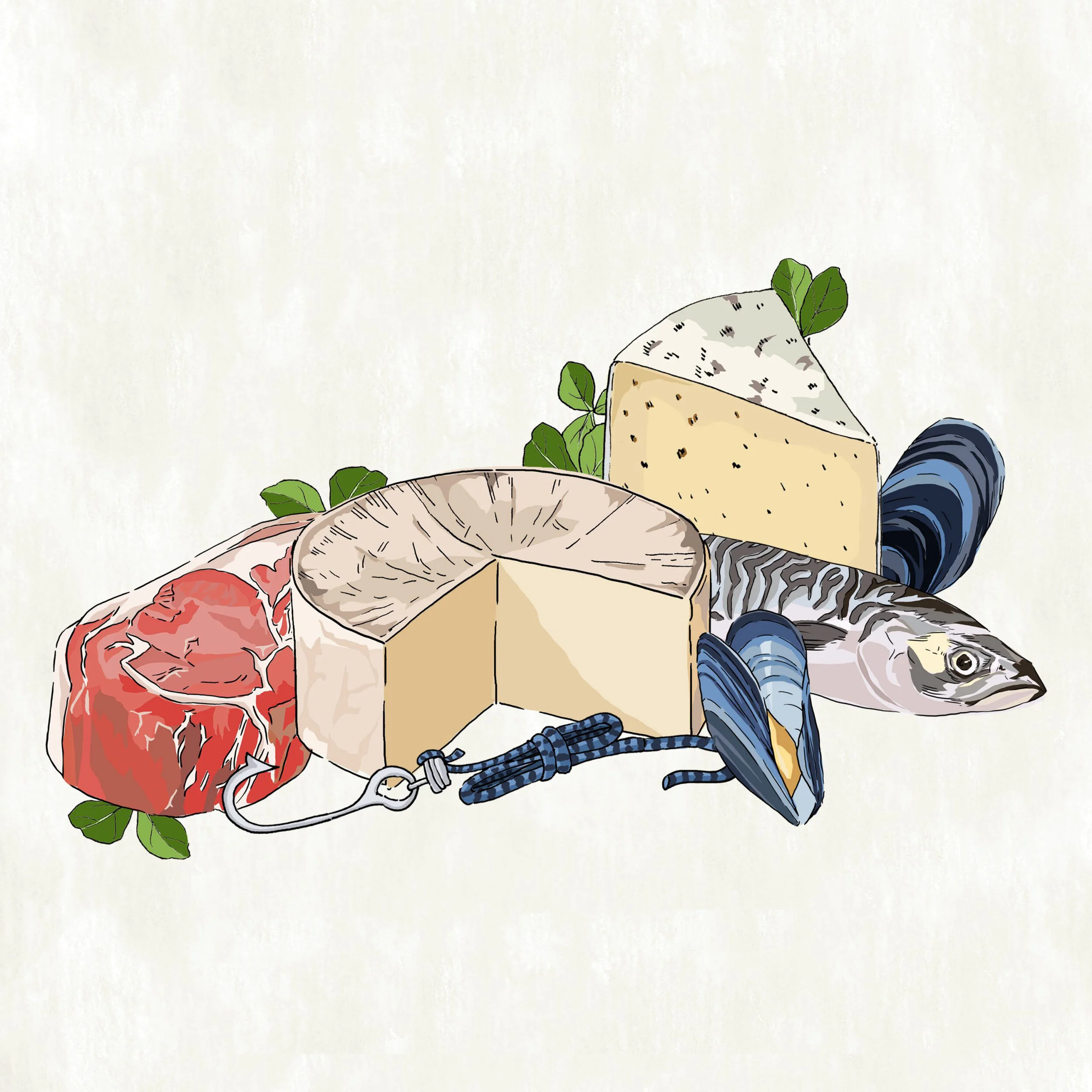It has been announced that Defra has received over 44,000 consultation responses from various institutions, businesses and individuals. Each, has critiqued the Government's vision; Health and Harmony: the future for food, farming and the environment in a Green Brexit. The consequences of which, are going to influence the forward trajectory of agriculture, food, public wellbeing and the environment in the UK.
The A Team Foundation are grateful to have our views heard by Government. Our advice echoes the sentiments of many other voices, it has been formulated by the experience of our grantees on the ground, and from the knowledge of the wider food movement at large.
Firstly, we champion agroecology and have expressed with great care its many benefits. And so too, we have flagged the holes that appear in the Government's vision.
But furthermore, we have given emphasis upon how we are in the flux of an agricultural revolution. One that envisions an enlightened food system where food is diverse, nutritiously complete, locally sourced, sustainably produced, and access to it is equal.
"The agricultural bill is evidence that there is no longer a status quo, the time to create a brave new world is upon us. One built on humanitarian, and ecological ideals .... Solutions that we develop now are the bedrock, on which, our future generations will thrive."
Please take the time to read our consultation response in full (by clicking here or on the image below). However, If you are short on time, our key messages are below.
Our key messages
- Agroecology is the answer. We advise Defra to make the UK a world-leading example of the enlightened agricultural practice. When aligned with local supply chains, the rights for worker’s and technological innovation, it is the panacea for our paradigm shift.
- The A Team Foundation requests official recognition that food is not a commodity but a basic human right.
- Apply the four easy-to-implement schemes as proposed by the Land Worker’s Alliance; 1) A Sustainable Farming Transition Scheme. 2) A Local Food Fund. 3) A New Entrants Scheme. 4) Horticulture Livelihoods Payments
- Reinvigorate the Horticulture Sector to make easy gains on healthy and accessible food, healthy food, behaviour change, community integration, strengthening local livelihoods and development of our nutritionally complete food security.
- Diverse, culturally appropriate and nutritionally complete food, should take precedence over establishing export markets for commodities.
- Create short supply chains through supporting horticulture farms in urban and peri-urban locations. This would provide a multitude of benefits for urban society, such as education, engagement, health, urban biodiversity and community cohesion.
- Implement simplified Environmental Land Management Schemes for agroforestry, orchards, and particularly; Community Supported Agriculture.
- To talk about ‘Public Goods’ and resilience is at its most fundamental is to talk about seed and agrobiodiversity. This is a vital area that is not acknowledged through Health and Harmony.
- We strongly request a reverse of the decisions by BEIS and DEFRA not to extend the role of the groceries code Adjudicator to cover more of the food supply chain beyond direct supermarket suppliers.
- Food labelling must be reformed to a mandatory and uniformed system that champions our high food standards, the nutritional quality, the Public Goods they create, and the method of production.
- Public health is a Public Good, and one that should be delivered by farming and food policy. Although inherently interconnected, there isn’t a focus on how agricultural policy will change the course of diet-related illness in the UK and ease the burden on the NHS.
- All Public Procurement should run through a food assurance scheme, we propose the Soil Association’s ‘Food for Life’.































